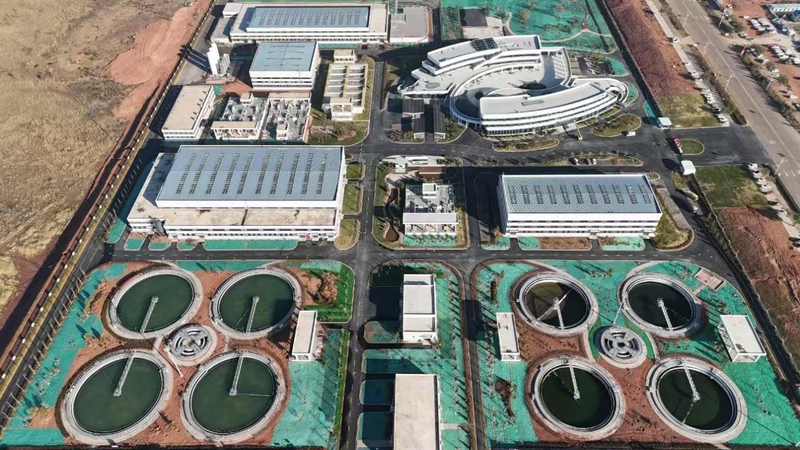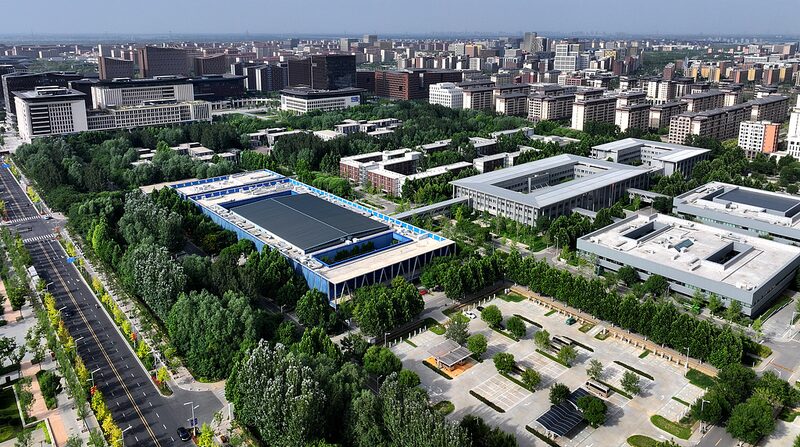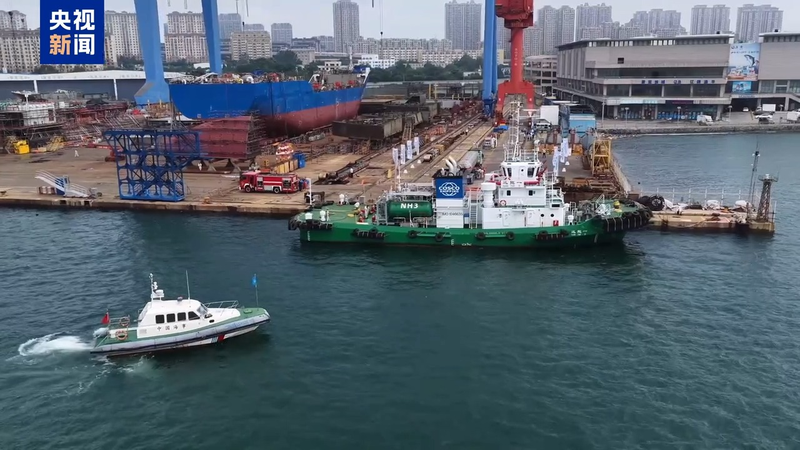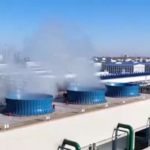China is leveraging artificial intelligence (AI) to transform wastewater treatment, aligning with its ambitious environmental goals. The integration of advanced technologies into water management systems marks a significant step toward reducing pollution and achieving carbon neutrality.
Smart Solutions in Action
In Hefei City, Anhui Province, the Xiaocangfang sewage plant—the region's largest—has adopted an AI-driven system that monitors water quality in real time. The technology autonomously adjusts treatment parameters, minimizing manual intervention while boosting operational efficiency by 20%. By predicting inflow volumes, ammonia nitrogen levels, and chemical oxygen demand, the system enables proactive adjustments to handle daily fluctuations ranging from 200,000 to 500,000 tonnes of wastewater.
From Data to Precision
Shanghai's Fengxian District has implemented similar innovation, using AI to optimize chemical dosing. Real-time data analysis ensures precise treatment, cutting chemical waste by 15% and improving output water quality. 'This isn't just automation—it's about creating adaptive systems that learn,' explains Dr. Li Wei, an environmental engineer involved in the project.
The Road Ahead
Initial AI prediction accuracy of 80% has now climbed to 96-98% through continuous algorithm refinement. Such advancements position China as a leader in sustainable infrastructure, offering scalable models for rapidly urbanizing economies across Asia.
Reference(s):
cgtn.com







